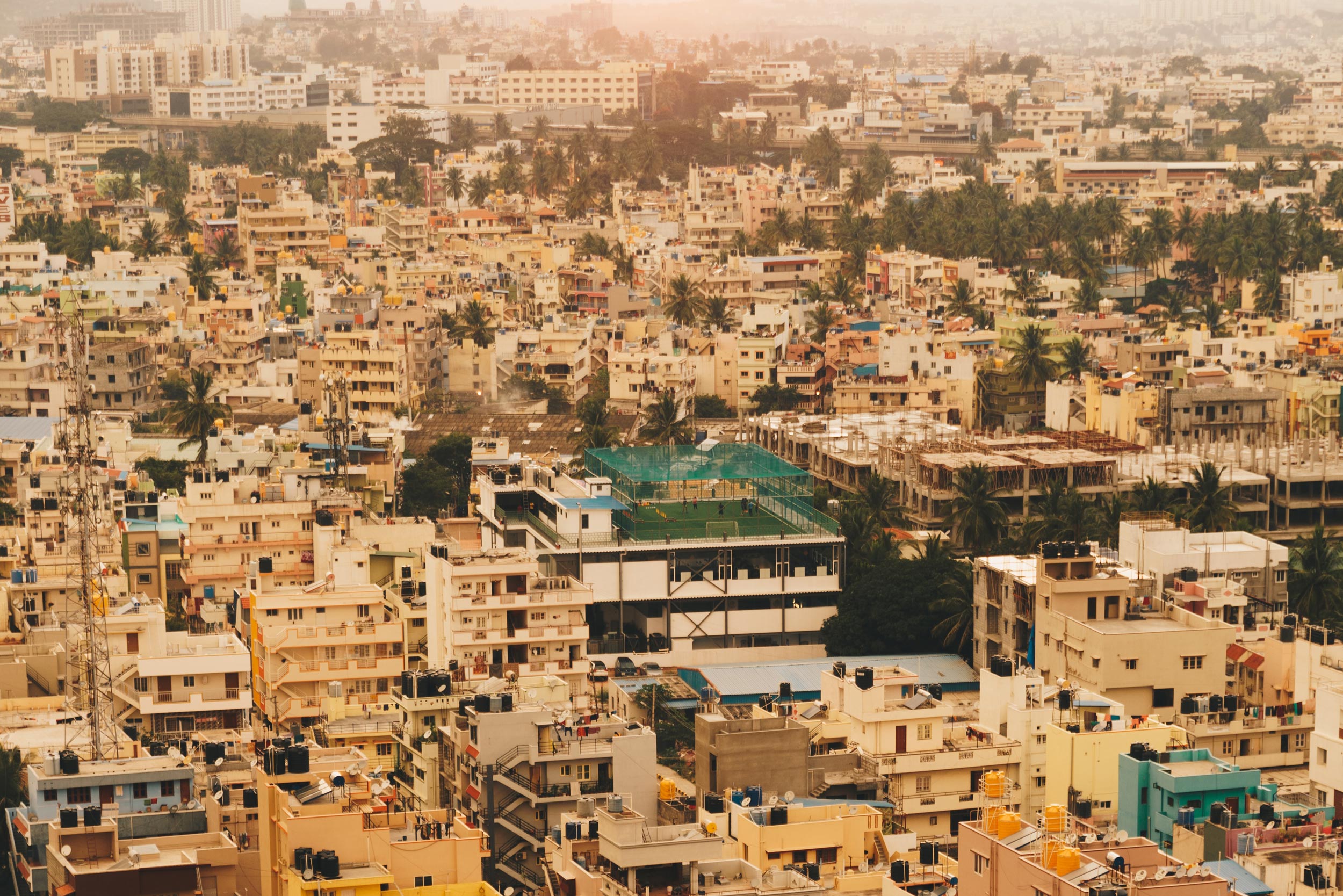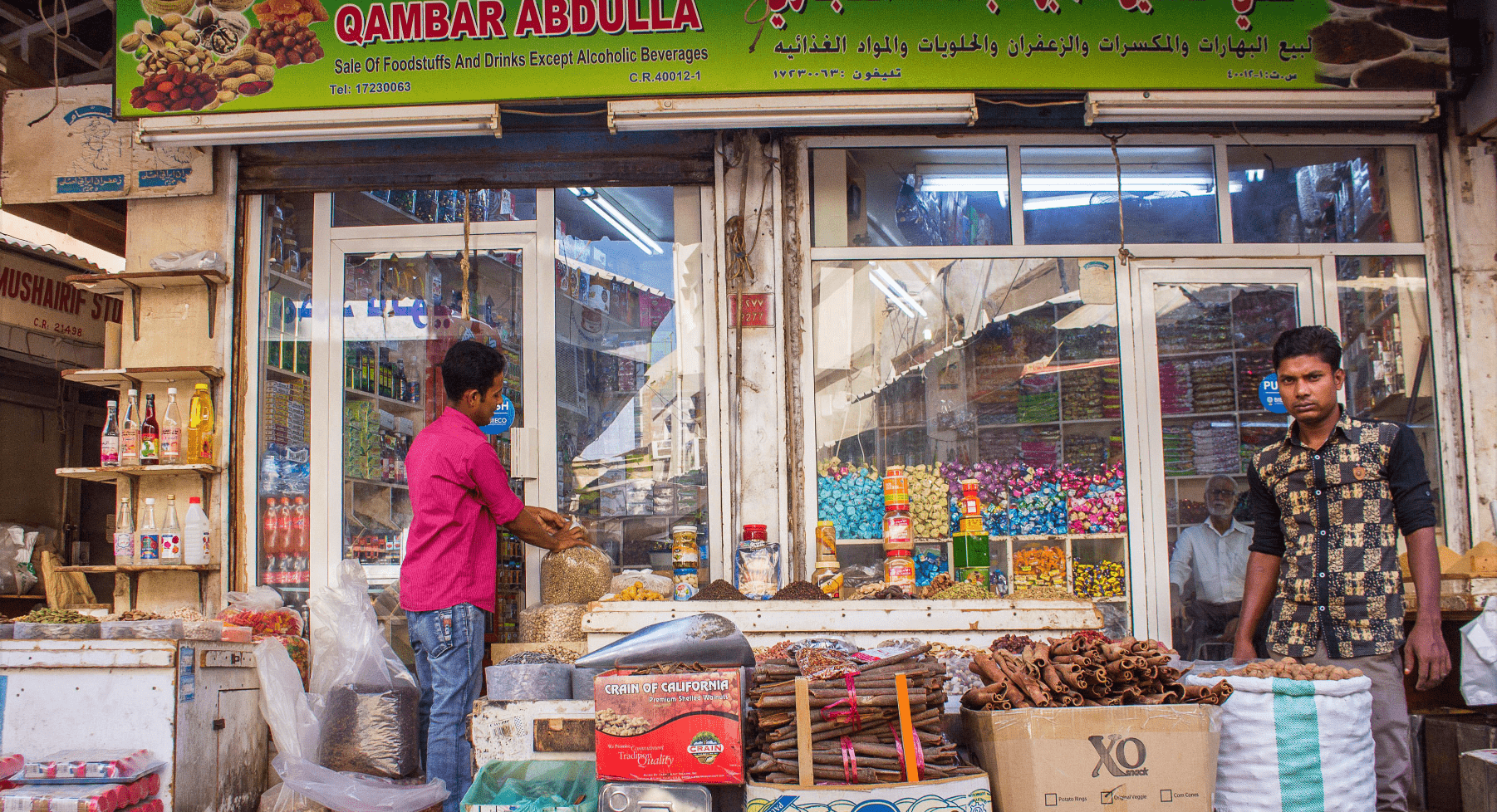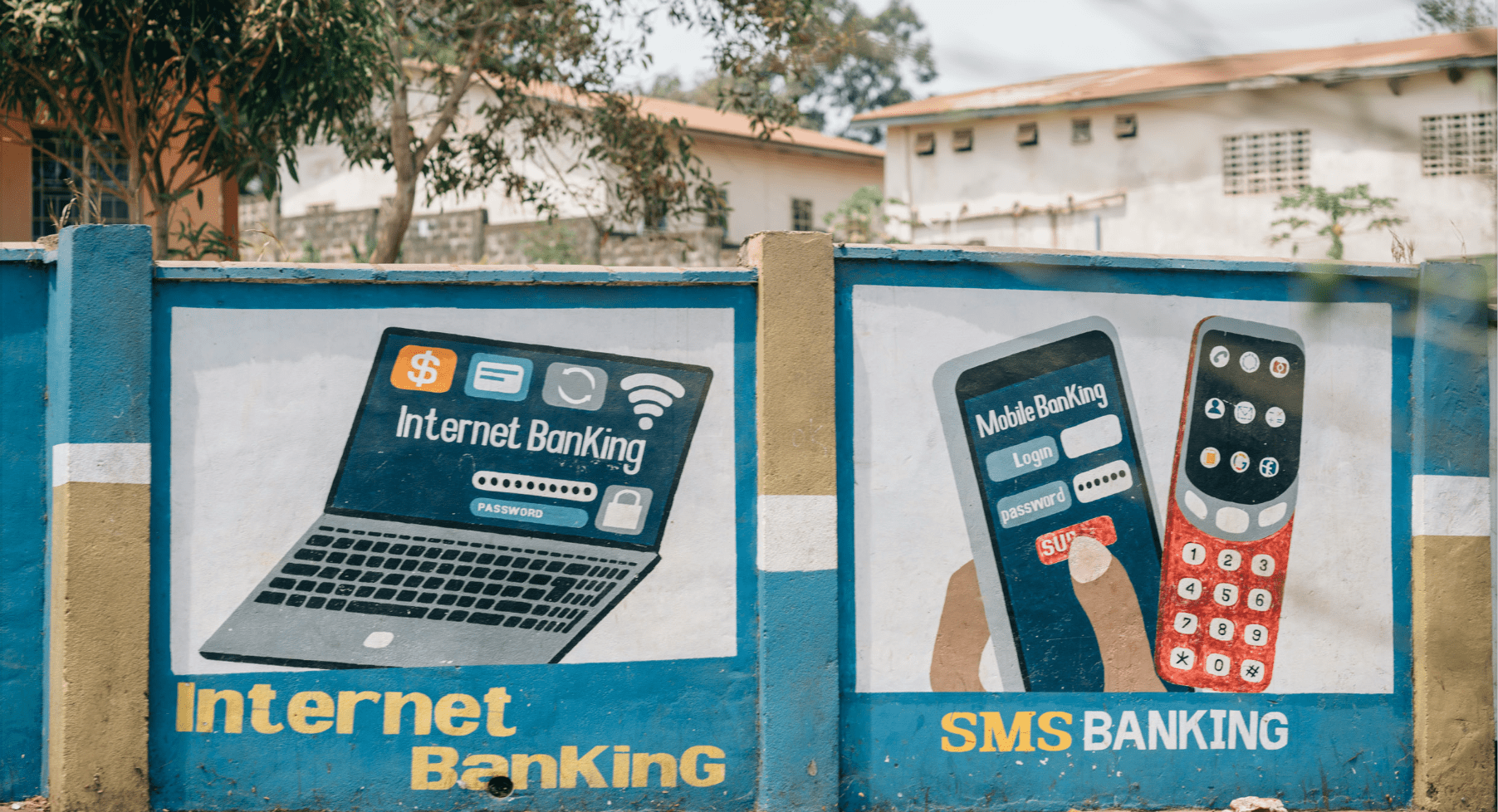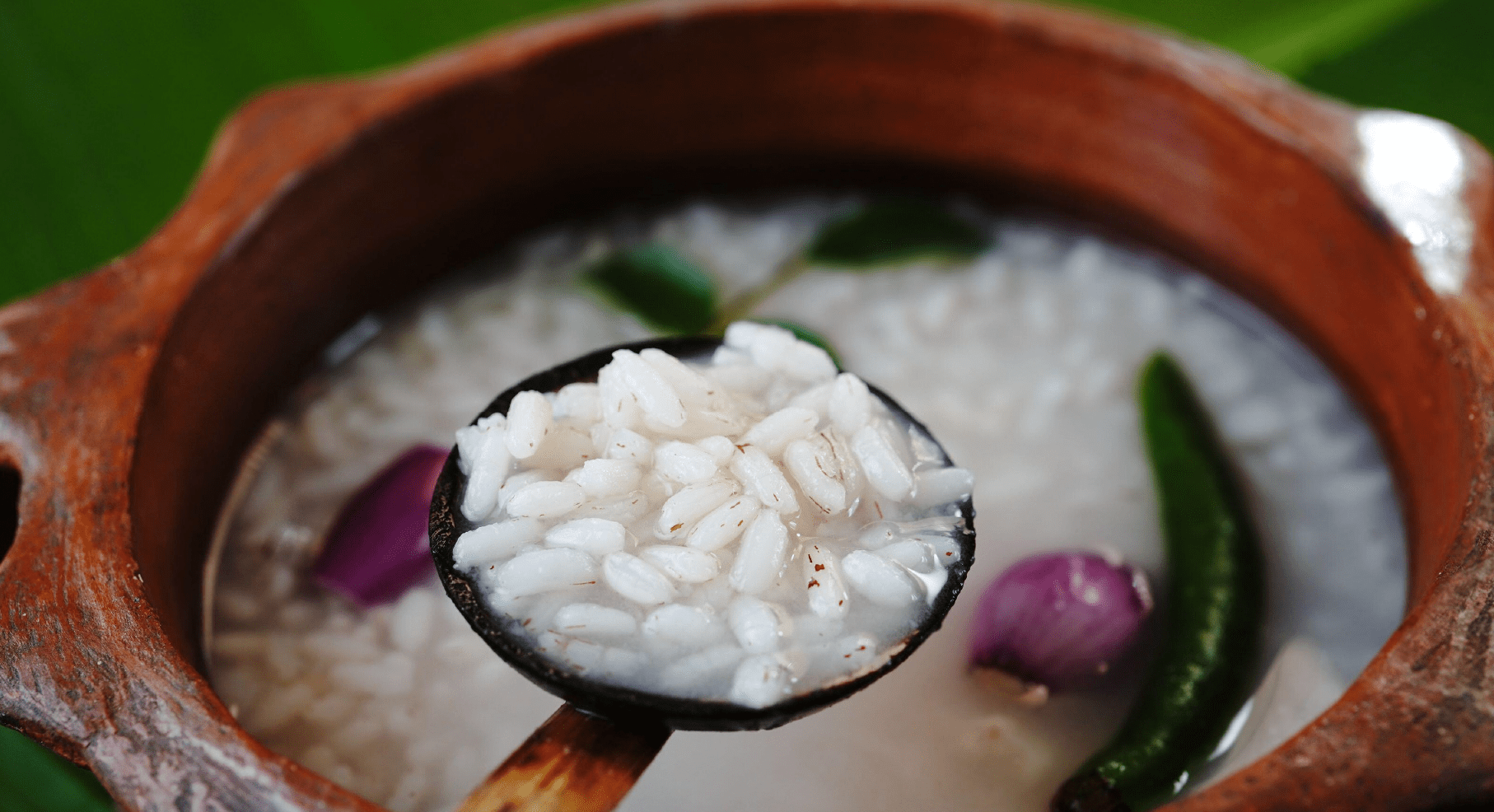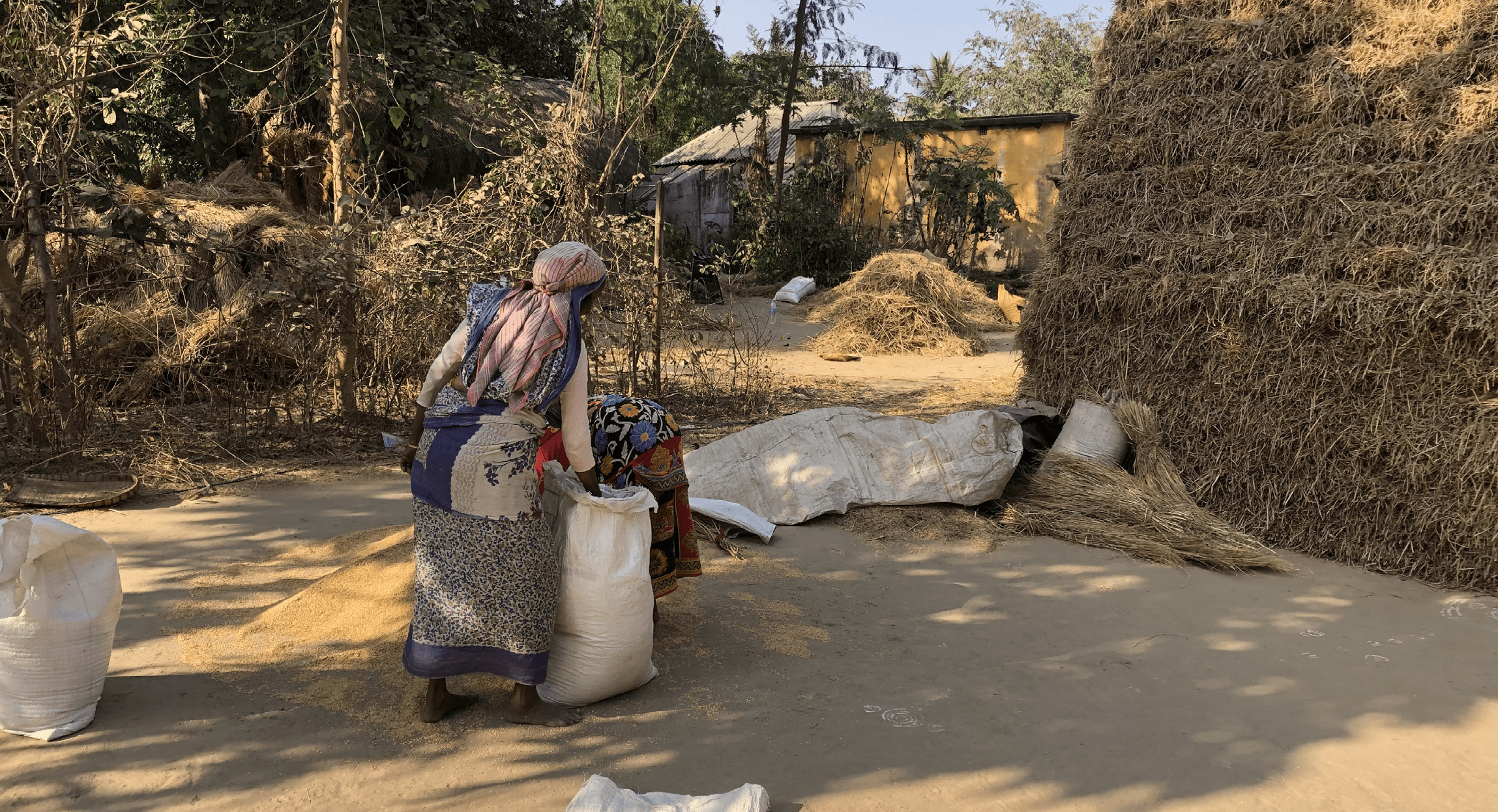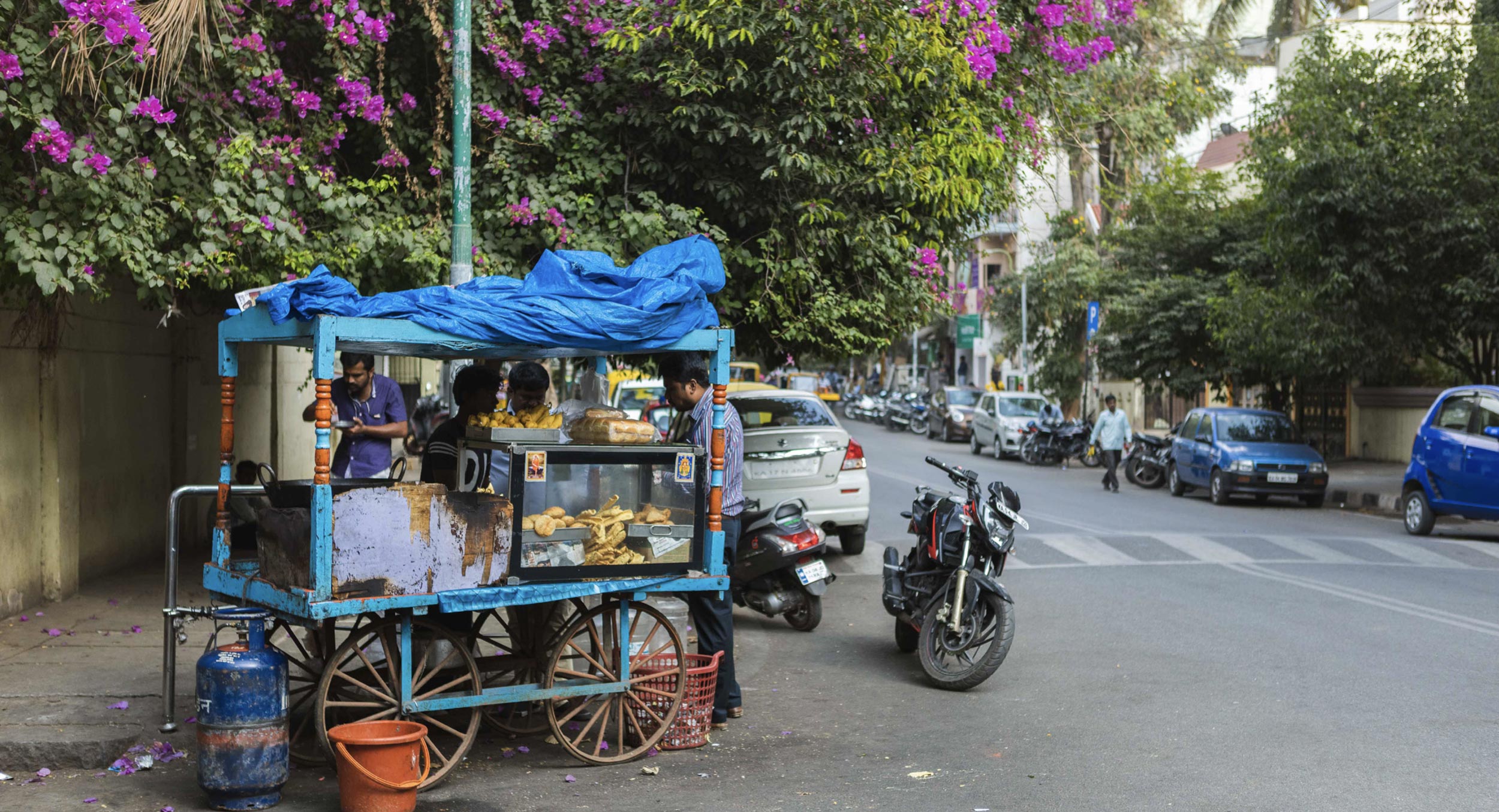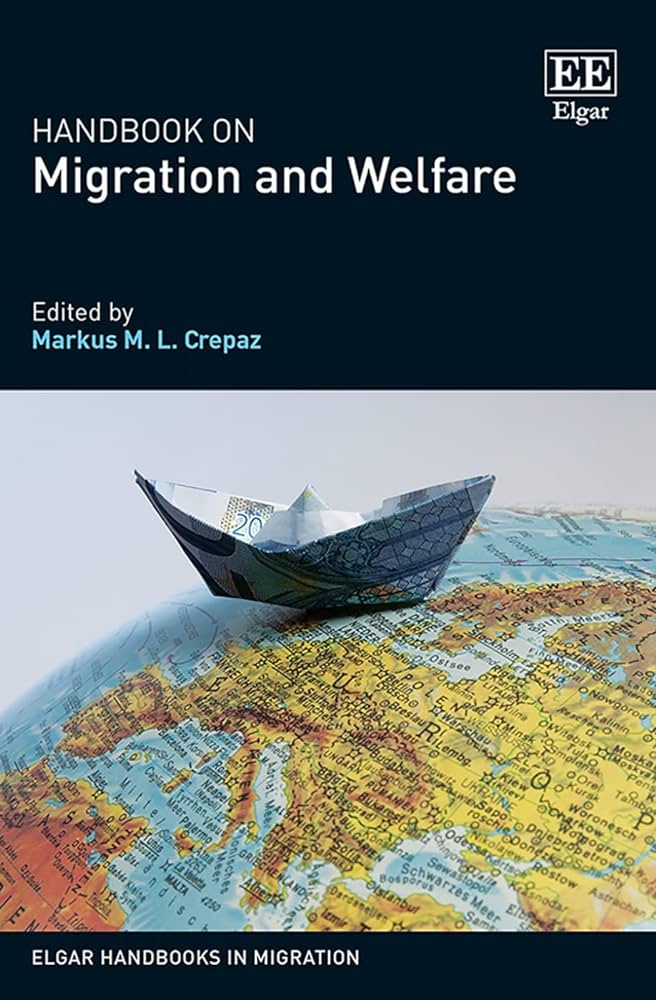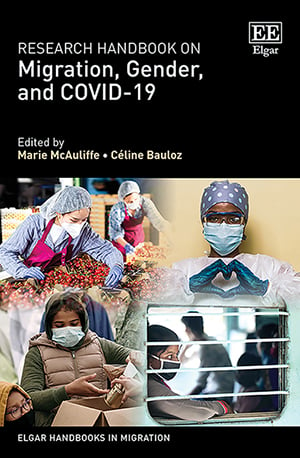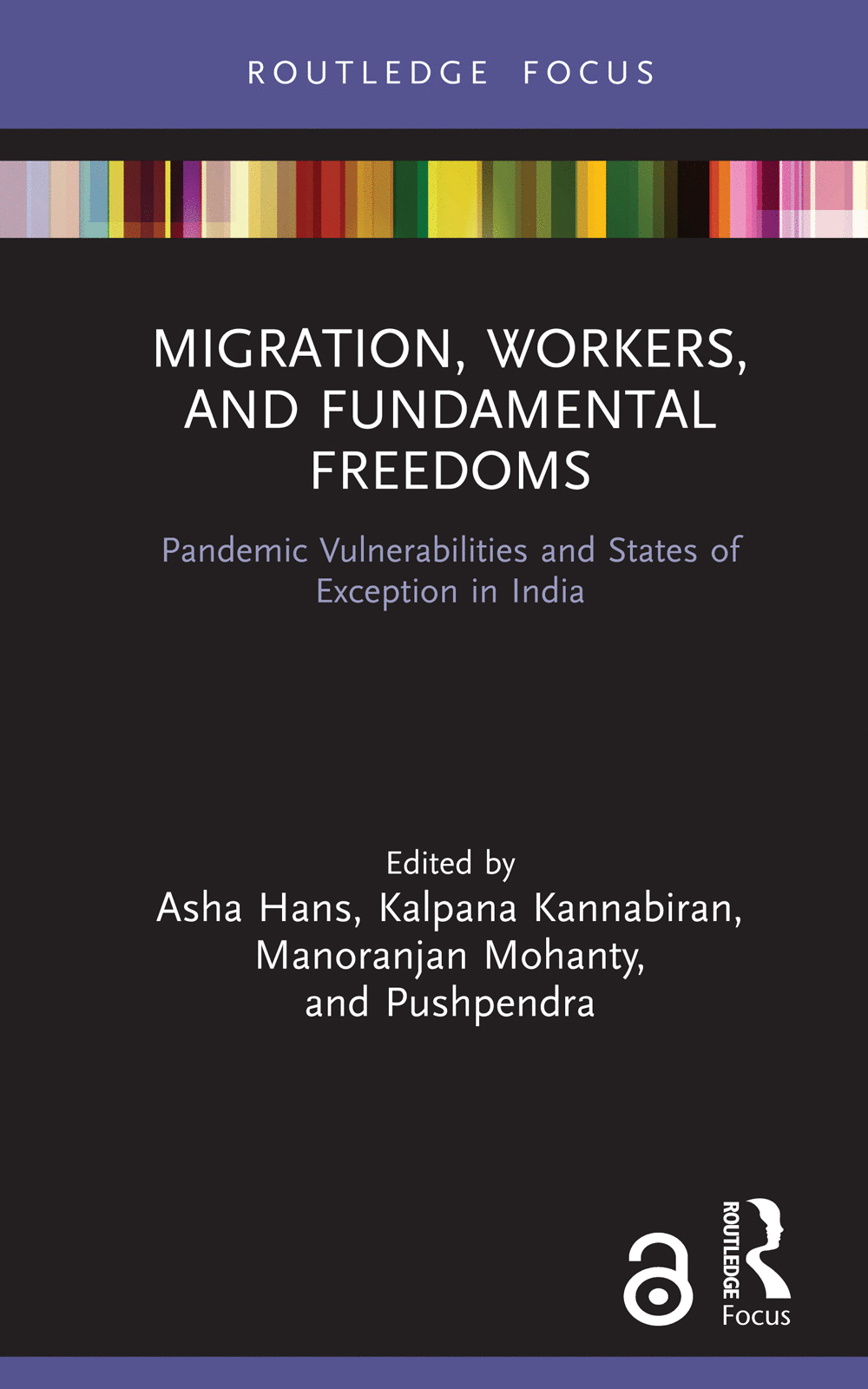INDIA
India is an important country in the international migration processes on the global scale. It functions simultaneously as a country of origin, transit and destination, thus constituting an overlapping “hub” and “hinterland” of migration. India has the largest number of emigrants in the world and is the top receiving country for remittances. It is part of several of the top twenty South-South migration corridors, as source country (India-United Arab Emirates, India-Saudi Arabia, India-Pakistan, India-Oman and India-Kuwait) and destination country (Bangladesh-India and Pakistan-India). Using the UN DESA statistics for 2015, a recent report has noted that India was the destination and source country correspondingly for 52% and 27% of the total cross-border or intra-regional migrations in South Asia.
